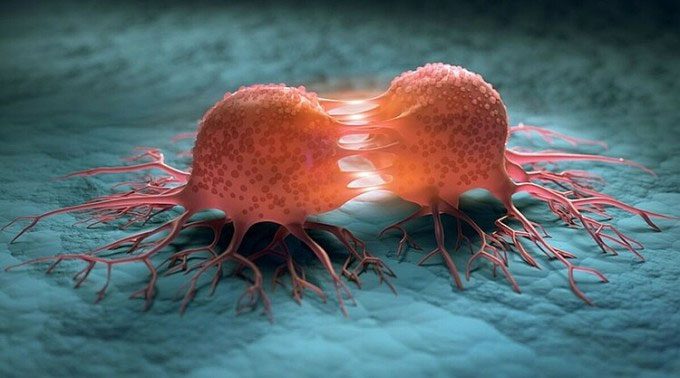There are over 200 different types of cancer, countless mutations exist, and cancer cells have a remarkable ability to survive… these factors contribute to the difficulty of treatment.
Dr. Tran Duc Canh, from the Department of Endoscopy and Functional Exploration at the Central Cancer Hospital in Vietnam, stated that the incidence of new cancer cases in Vietnam has risen by 9 ranks (now ranked 90th out of 185 countries), and the mortality rate due to cancer has increased by 6 ranks (now ranked 50th out of 185 countries) compared to data recorded in 2018. It is estimated that there are 182,563 new cases and 122,690 cancer-related deaths each year.
The challenges of treating cancer can be attributed to several reasons:
Cancer is Not a Single Disease
Cancer is not a specific disease but a general term for over 200 different illnesses. Each major type of cancer has multiple subtypes, each with distinct genetic and molecular characteristics. Since cancer develops from the body’s own cells, cancer cells are as diverse as the cells in our body.
Countless Mutations Exist
The cause of cancer is primarily mutations in the cell’s genetic material, specifically DNA. The disease arises from the accumulation of DNA mutations, and as it progresses, even more mutations can occur.
This means that two individuals with the same type of cancer may be affected by different mutations. More common types of cancer are studied extensively to find appropriate treatment methods. However, for rare mutations, treatment options may be limited or ineffective. “Therefore, a drug that is effective for one cancer patient may not work for another,” the doctor explained.
Cancer Cells within a Tumor are Not Identical
Cancer cells within a tumor can differ from one another, potentially harboring different mutations, with new mutations appearing that differ from the original ones. As a result, a treatment may effectively kill all similar cells within a tumor, but other cells may develop resistance to the drug and continue to survive post-treatment, increasing in number. This is why, if not detected early, cancer can metastasize to other organs in the body, leading to the emergence of new mutations or new lines of cancer cells that persist in the bloodstream and continue to spread.
Last Resort Treatments May Become Ineffective
Over time, the gene mutations that cancer cells acquire change how they function, presenting significant challenges for treatment. These mutations allow cancer cells to develop resistance to treatment methods. After initially responding well to a treatment, it may no longer be effective. At that point, patients will need alternative treatment methods, but there may not be any other options available.
Cancer Cells Have a Remarkable Ability to Survive
Normal cells have safety mechanisms to prevent excessive growth or division; daily, the body’s immune system detects and destroys abnormal cells at risk. However, cancer cells lack these mechanisms; they hide from the immune system, allowing them to survive and continue uncontrolled growth. Cancer cells can develop numerous strategies to evade the body’s destruction.

Cancer cells depicted in a graphic simulation. (Image: University of Chicago)
Advancements in our understanding of cancer have led to the discovery of new treatment methods. According to Dr. Canh, six types of cancer have the best prognoses for treatment, including prostate cancer, thyroid cancer, breast cancer, testicular cancer, skin cancer, and early-stage gastrointestinal cancer.
Among these, the five-year survival rate for patients with early-detected prostate cancer, thyroid cancer, and gastrointestinal cancer can reach up to 100%. Nearly 100% of breast cancer patients can live beyond five years if detected early. For testicular cancer, the five-year survival rate after diagnosis is 95.3%, and for skin cancer, it is 91.5%.
“The key is still timely screening and treatment,” Dr. Canh emphasized. High-risk groups should undergo cancer screening as per their doctor’s guidance. For those exhibiting abnormal symptoms, early health check-ups are recommended.


















































